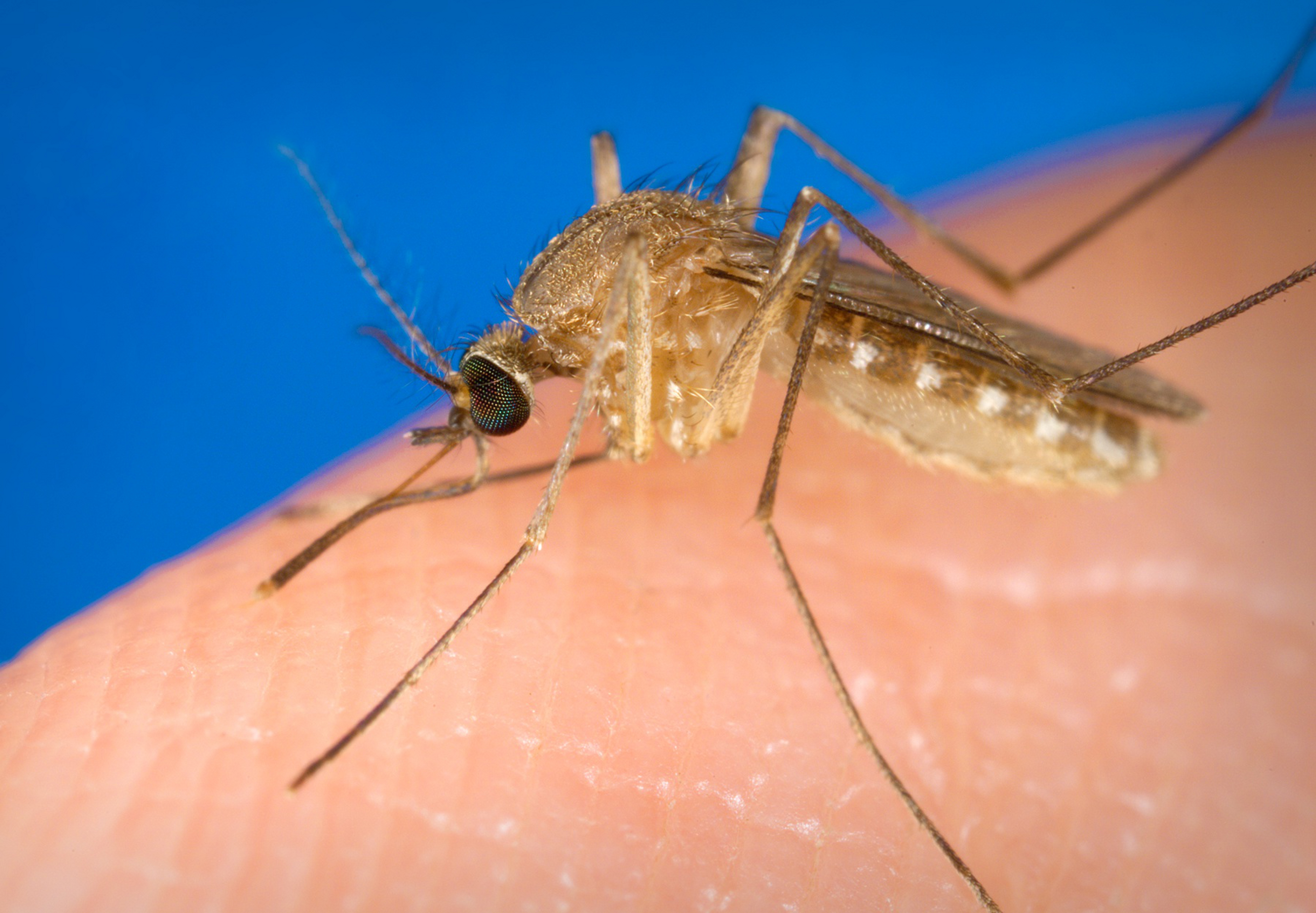As part of New York City's continued efforts to reduce the spread of West Nile virus, more neighborhoods in the five boroughs will getting sprayed with treatments to cut down on the number of mosquitoes.
Just as was done earlier in the week, trucks will go to neighborhoods during the overnight hours during the first week of September in order to treat areas where mosquitoes could breed, the city's Department of Health and Mental Hygiene said Wednesday.
Starting during the evening of Sept. 3, city trucks will spray pesticides in sections of Queens. Spraying will start around 8:30 p.m. and last until 6 a.m. the following morning. If it rains that night, the spraying will be done the following night, on Sept. 4.
Parts of the following neighborhoods will see spraying:
- Brookville
- Cambria Heights
- Laurelton
- Rochdale
- Rosedale
- South Jamaica
- Springfield Gardens
- St. Albans

Get Tri-state area news delivered to your inbox. Sign up for NBC New York's News Headlines newsletter.
Trucks will return to Manhattan again on Sept. 5, but this time on the opposite end of the island. Spraying will be done below 30th Street, including lower Manhattan, Greenwich Village, the Lower East Side, and more. Trucks will come out between 10:30 p.m. and stay out until 6 a.m. Friday morning.
These are the neighborhoods that will be impacted, according the DOH.
- Bowery
- Chinatown
- Civic Center
- East Village
- Financial District
- Gramercy Park
- Greenwich Village
- Kips Bay
- Little Italy
- Lower East Side
- NoHo
- SoHo
- Tribeca
- Two Bridges
- Union Square
- West Village

The pesticides being used should not pose a significant health threat to people or pets when used properly.
NYC's Department of Health has sent out staff each day to 50 locations to trap and test mosquitoes, and they found the number of mosquitoes with West Nile is up across the board thus far in Summer 2024 throughout the five boroughs.
"We are focusing on areas where there is a high chance of disease transmission. Disease spread if not treated," said Dr. Waheed Bajwa, the executive director of vector surveillance for the DOH. "The recent data is showing if we don't spray the transmission to human may occur."
The world's deadliest animal is simple to kill, but that doesn't mean it's easy to get rid of them.
Mosquitoes across New York City have been found with West Nile virus. Although it's relatively rare, the virus sparked concerns after Dr. Anthony Fauci, the former top U.S. infectious disease expert, was hospitalized after he came down with the mosquito-borne disease.
The New York City Department of Health also announced last week that it detected West Nile in New Yorkers for the first time in 2024.
A total of six cases have been confirmed, according to NYCDOH. Four people tested positive for West Nile Neuroinvasive Disease, three in Queens and one in Manhattan. One person in Queens fell ill from West Nile Fever, and the virus was detected in three blood donors from Brooklyn, Manhattan and Queens. It's unclear when the data was last updated.
Here's a look at where the virus has been detected in mosquitoes across NYC neighborhoods as of Aug. 23:
Search for your neighborhood here:
West Nile virus was first reported in the U.S. in 1999 in New York. It gradually spread across the country. In 2003, there were nearly 10,000 cases.
The one common thread among places where recent sightings have been up: standing water, where mosquitoes breed. The continued testing led health authorities to target particular areas.
The uptick in West Nile cases isn't just a NYC issue, it's nationwide. In New Jersey, the state's Health Department said cases appeared earlier in the season than expected and will probably continue until October.



